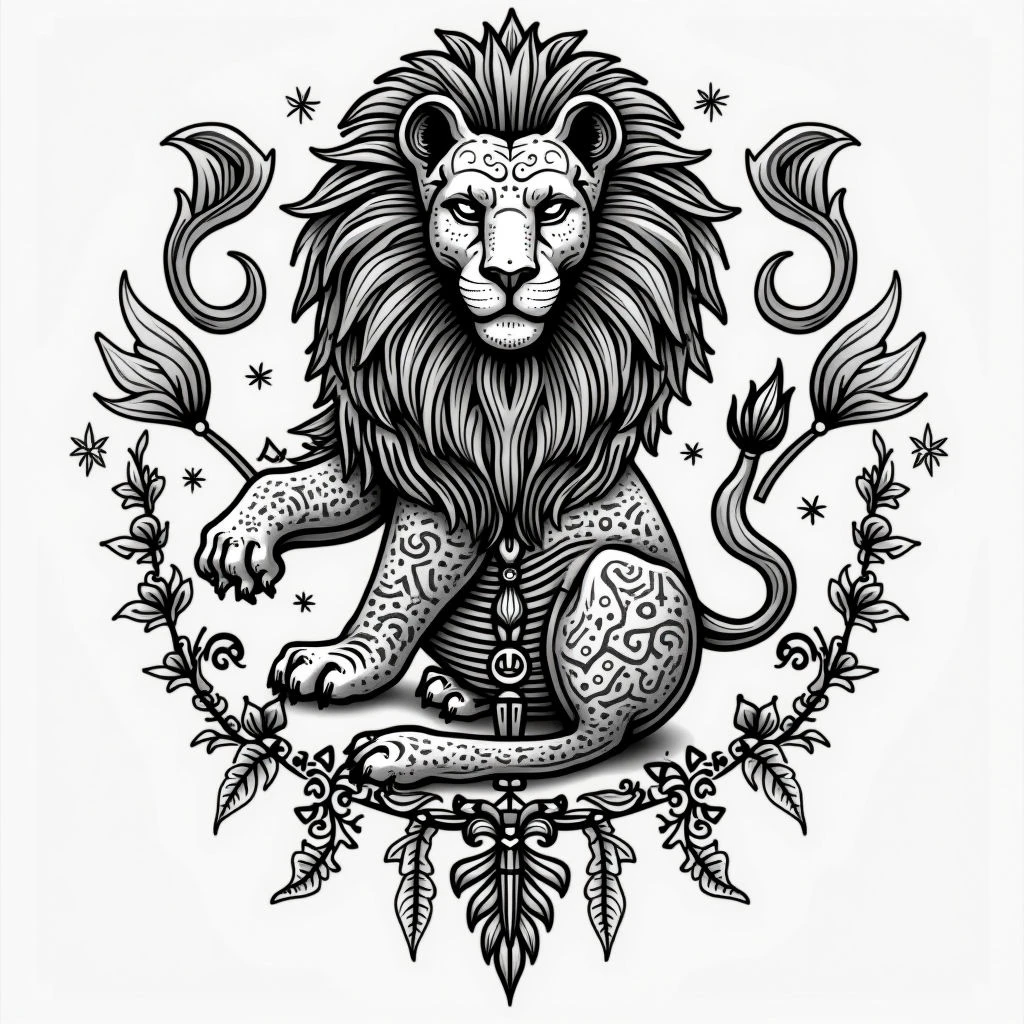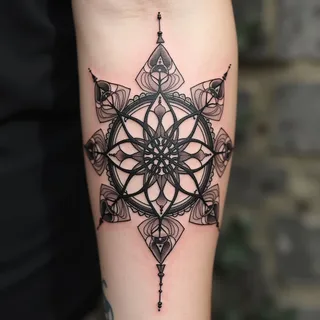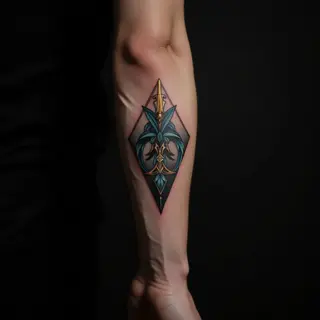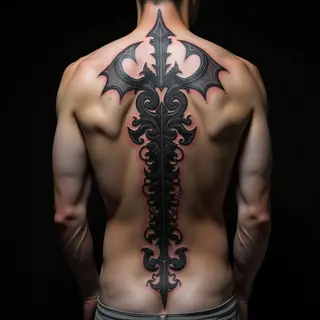The Spiritual Significance of Tattoos Throughout History
Ancient Cultures and Ritual Practice
In ancient cultures such as those of Polynesia, Egypt, and Japan, tattooing was deeply intertwined with religious beliefs, societal status, and rites of passage.
Consider the intricate designs adorning mummies from Upper Egypt – these were not simply aesthetic choices but imbued with protective spells and offerings for the afterlife.
Similarly, amongst Polynesian societies, tattoos (tatau) denoted lineage, rank, and spiritual protection. Each mark held profound meaning, narrating an individual's journey through life and their connection to ancestral spirits.
Medieval Europe and the Church
While often condemned by the Church, tattooing persisted among marginalized groups and pilgrims, serving as devotional reminders or markers of religious pilgrimage.
The practice was largely relegated to outsiders for centuries.
Symbolism and Spiritual Beliefs
The symbolism embedded within tattoo imagery further illuminates this spiritual dimension.
Animals from bestiaries, celestial bodies representing divine forces, and heraldic symbols evoking lineage all carry layers of meaning that resonate with spiritual beliefs.
Even seemingly mundane motifs can be imbued with personal significance, transforming a simple design into a powerful talisman.
Modern Tattoos and Personal Expression
Today, individuals often choose tattoos to commemorate significant life events, express their faith, or honor loved ones—a continuation of the age-old practice of imbuing body art with profound meaning.
The act itself can become a form of meditation and self-reflection, connecting the individual to both personal history and broader spiritual traditions.






















